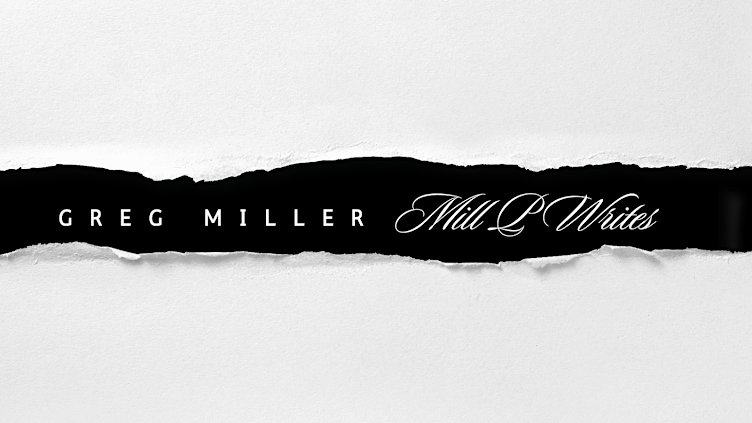Writing has long been known to have therapeutic benefits for individuals who struggle with mental illness and addiction. Whether it is through journaling, creative writing, or poetry, the act of putting thoughts and emotions onto paper can help individuals gain clarity and insight into their experiences. In this essay, we will explore how writing can be helpful for individuals with mental illness and addiction, and how it can promote a positive outlook on life.
For individuals with mental illness, writing can be a valuable tool for self-expression and self-reflection. Journaling, in particular, can help individuals process their thoughts and emotions in a safe and private space. This can be particularly beneficial for individuals who struggle to verbalize their feelings or who feel uncomfortable sharing their thoughts with others.
Writing can also help individuals gain insight into their experiences and patterns of thinking. By examining their thoughts and emotions on paper, individuals can identify negative patterns and beliefs that may be contributing to their mental health challenges. This can help individuals develop coping strategies and make positive changes in their lives.
In addition to journaling, creative writing can also be a helpful tool for individuals with mental illness. Writing poetry, short stories, or novels can provide an outlet for self-expression and creativity. Creative writing can also be a way for individuals to explore their experiences in a more abstract or symbolic way, which can help them process difficult emotions.
For individuals with addiction, writing can be a valuable tool for self-reflection and accountability. Keeping a journal can help individuals track their progress and identify triggers or patterns of behavior that may lead to relapse. Writing can also help individuals connect with their emotions and motivations for sobriety, which can be a powerful motivator to stay on track.
In addition to journaling, writing can also be a way for individuals to connect with others who have similar experiences. Sharing personal stories or experiences through writing can be a way for individuals to connect with others who understand what they are going through. This can be particularly helpful for individuals who may feel isolated or alone in their struggles with addiction.
Writing can also help individuals develop a more positive outlook on life. By examining their experiences and emotions through writing, individuals can gain a greater understanding of their strengths and resiliency. Writing can also be a way for individuals to focus on positive aspects of their lives, such as relationships, hobbies, or accomplishments.
In addition to promoting a positive outlook on life, writing can also be a way for individuals to develop a greater sense of purpose and meaning. Through writing, individuals can explore their values and beliefs, and connect with a sense of purpose that goes beyond their struggles with mental illness or addiction. This can be a powerful motivator for individuals to continue on the path of recovery and to live a fulfilling life.
Overall, writing can be a valuable tool for individuals with
mental illness and addiction. Whether it is through journaling, creative
writing, or sharing personal stories, writing can provide a space for
self-expression, self-reflection, and connection with others. Writing can also
promote a positive outlook on life and help individuals develop a greater sense
of purpose and meaning. While writing may not be a substitute for professional
treatment or support, it can be a valuable addition to an individual's recovery
journey.
Mill P





No comments:
Post a Comment